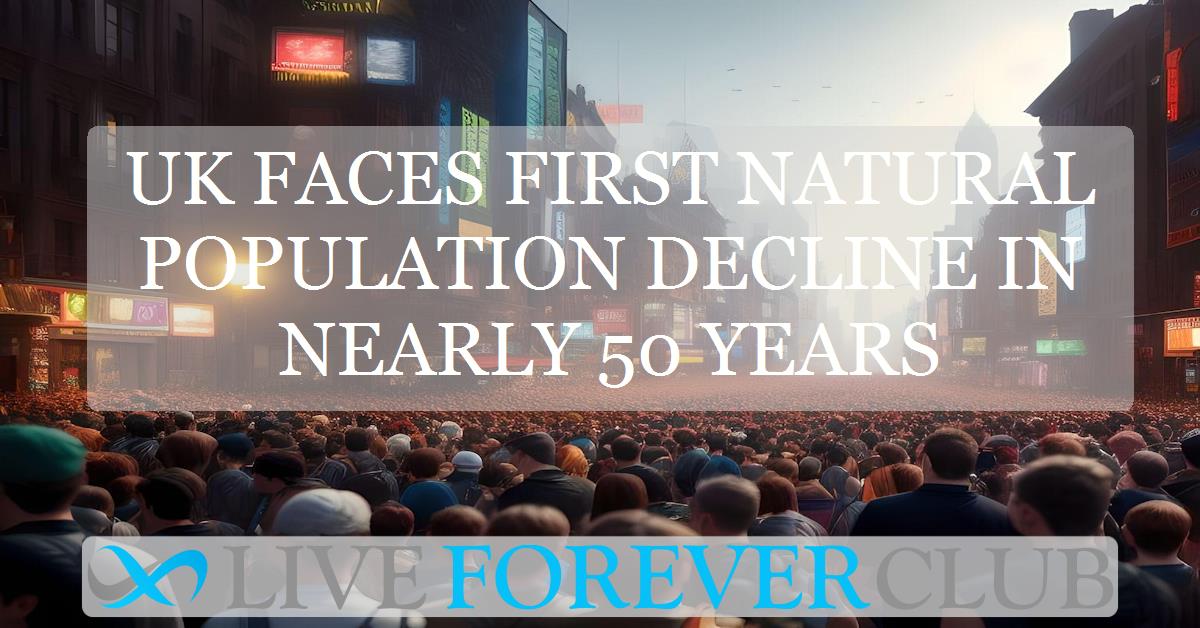Key points from article :
For the first time in nearly 50 years, deaths in the UK have outnumbered births, marking a significant demographic shift. Excluding the COVID-19 pandemic period, 2023 saw 16,300 more deaths than births, a trend not seen since the 1970s. This is largely due to declining fertility rates and the ageing of the baby boomer generation. While the UK's population still grew by 1% to over 68 million, this was driven by immigration, which added 677,300 people.
Economists warn that this shift underscores Britain's growing demographic challenges. Rural areas are ageing faster, placing increasing demands on social care, while younger cities may still require more schools. The fertility rate in England and Wales has dropped to 1.49 children per woman, well below the 2.1 required for population replacement.
Experts suggest that the birth rate could rebound, as younger generations are delaying parenthood. Advances in medical technology, such as IVF, may enable more people to have children later in life. However, current trends show a baby deficit in places like Scotland and Wales, where deaths have outpaced births for several years. Financial pressures, including housing costs, are also driving delays in childbearing. Meanwhile, dementia and Alzheimer’s disease have become the leading causes of death, overtaking heart disease.




